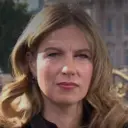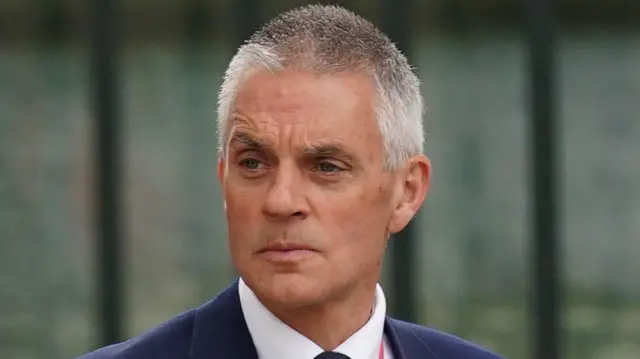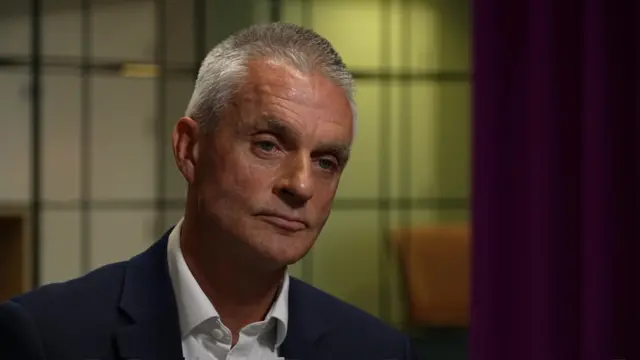'Time will tell what new rules mean'published at 14:57 BST 28 September 2023
 Nadia Ragozhina
Nadia Ragozhina
Live reporter
It's been a busy day in the BBC newsroom examining the new report and social media guidelines.
BBC director general Tim Davie declined to say whether Gary Lineker's original social media post comparing UK asylum policy to 1930s Germany would breach the new guidelines, so, as our culture editor Katie Razzall suggests, only time will tell what the new rules mean in practice.
You can read the full story here.
This page was written by Anna Boyd, Ali Abbas Ahmadi, Sam Hancock and Thomas Mackintosh. It was edited by me, Nathan Williams and James FitzGerald.





